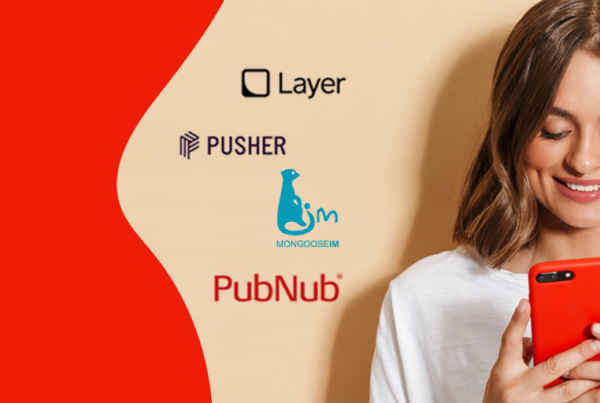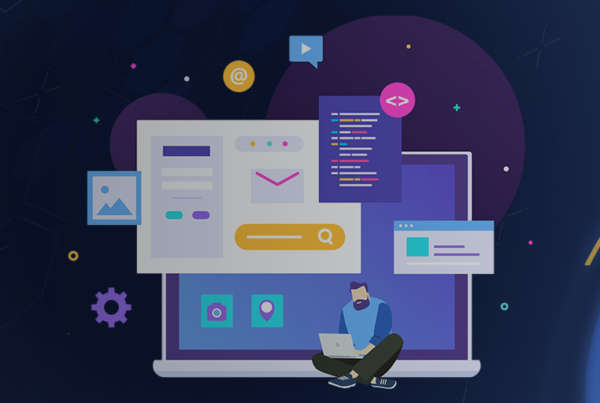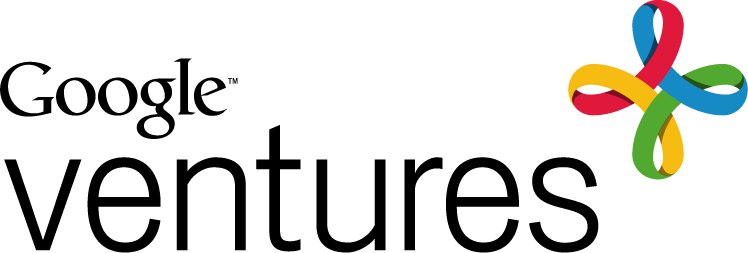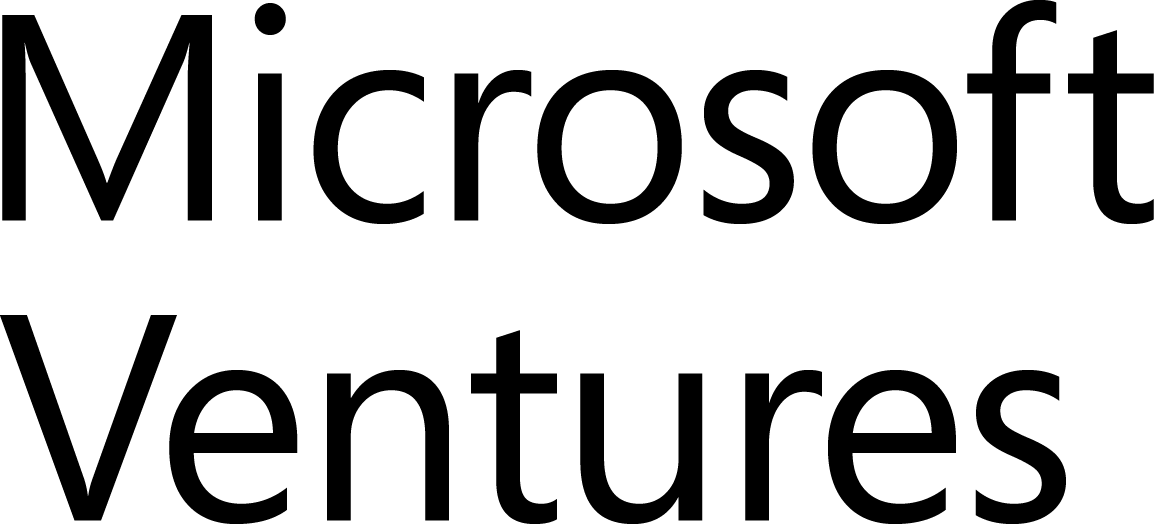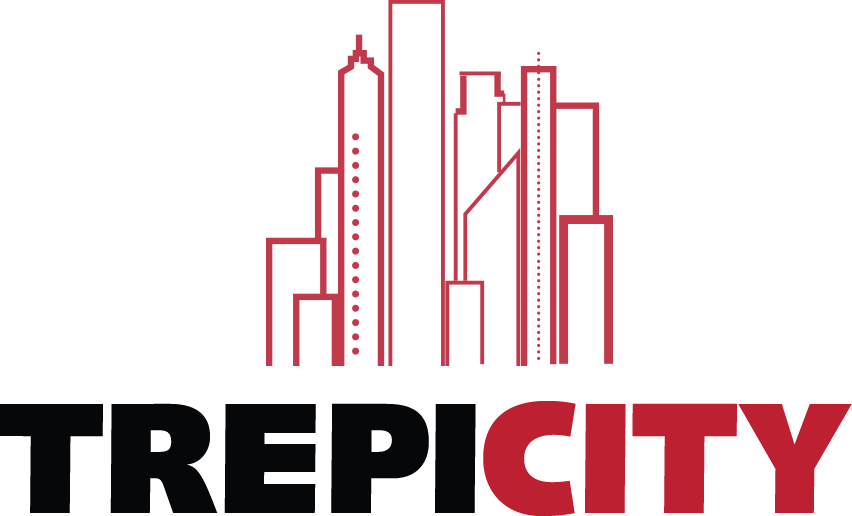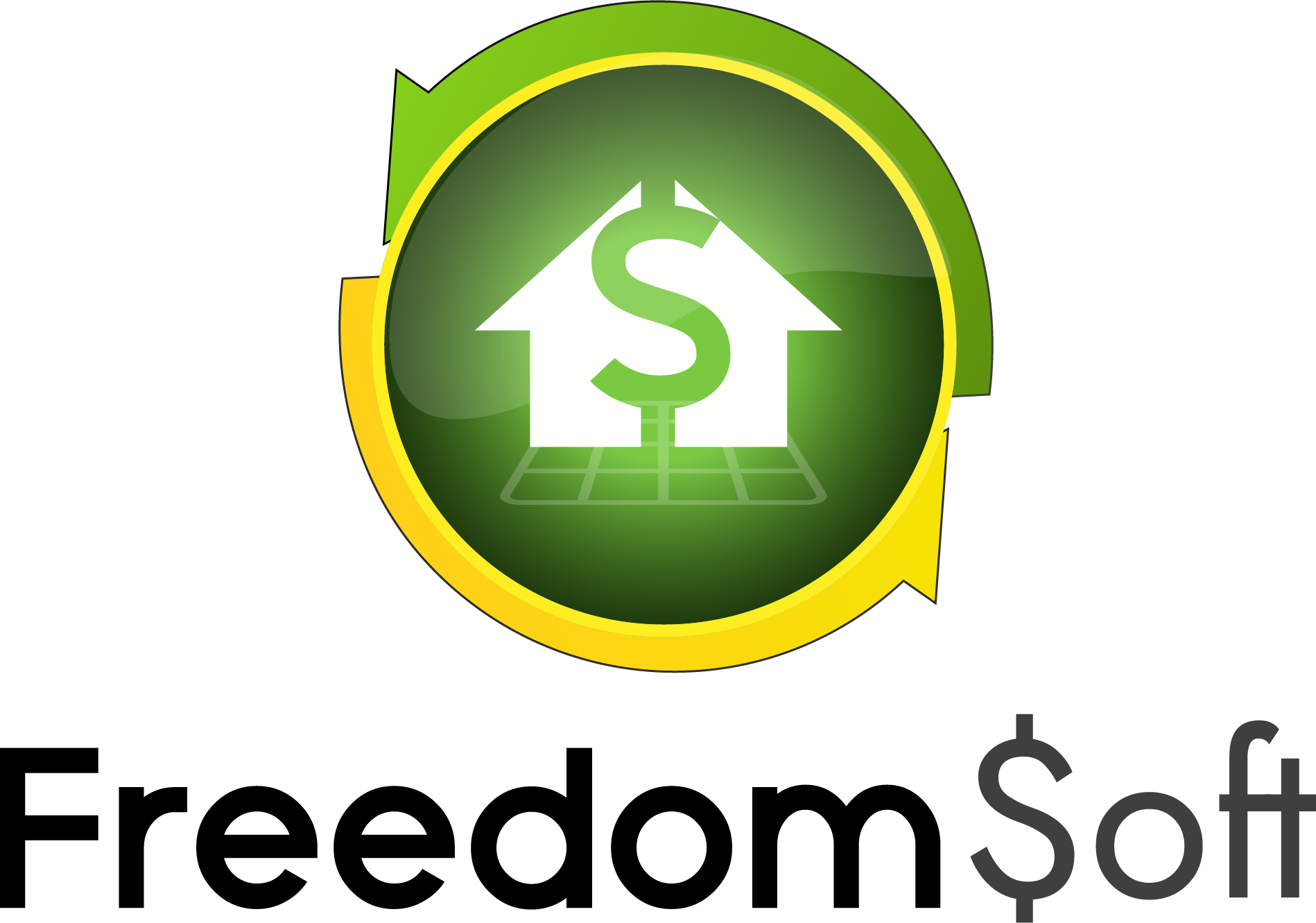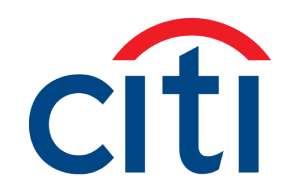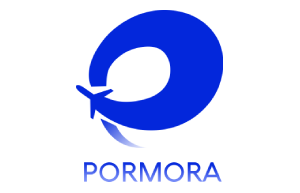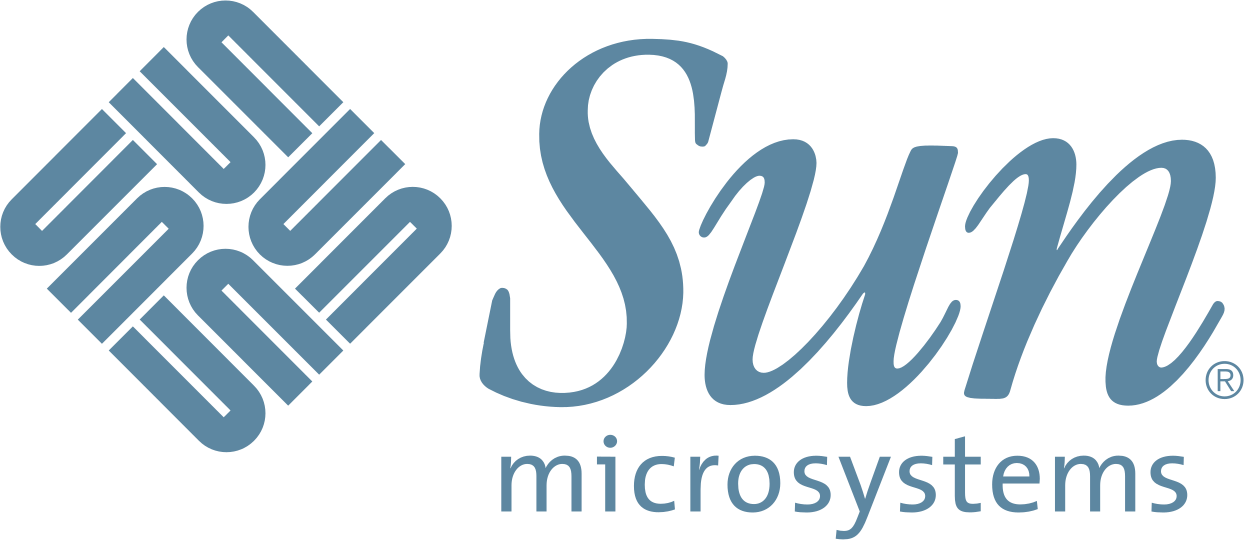Agenda Overview
Through this paper: Why IoT Is Secondary, we look to discuss how the over-a-decade-long hype surrounding the rise of embedded and ubiquitous computing fails in delivering solutions to real-life user problems.
Background
What is IoT to people? It is a bunch of signals being sent and received so people can have access to information anytime, anywhere. That’s what it is to users fundamentally. It promises the possibility of a connected world where billions of devices – potentially everything and everyone – will be connected and be able to interact via the internet. The concept isn’t entirely new, it’s been talked about for more than a decade. But recently, analysts and researchers have been leading the way in fueling the hype around the internet of things. A few big companies are promising to bring the next-generation in computing by introducing devices such as wearable tech, 3D printers and advanced computing technologies such as artificial intelligence, robotics and augmented virtual reality – promising to power the internet of things.
The reality of an intertwined world impregnated by signals, however, poses many questions that must be addressed ahead of the fantaincies of building it. How will the average user process all that information, data, signals and messages? An internet that can create the foundation upon which the Internet of Things can truly perform is the foremost and paramount need before we can create the world of Internet of Things itself.
The Fundamental challenge
We’re already struggling with too much information. Information is already redundant and it keeps growing at a tremendous rate. How are we going to process this growing array of data and information with further amplified connectivity? There are some apparent and pressing concerns we face here:
Fragmentation: People have become accustomed to massive fragmentation. We receive signals from an array of digital mediums – on Facebook, Skype, WhatsApp, Viber, Twitter, numerous email accounts (personal and professional) – as well as numerous physical mediums – post, subscriptions and so on. We are inundated by signals day in and day out. Many of these, we tend to miss because there are simply too many being shot at us. So what effect will IoT have on the everyday lives of the public? IoT is only likely to fuel this chaos and create a massive signal disarray. We are overwhelmed by signals as we are, are we prepared to receive additional signals from every device in our proximity? And at a much faster rate?
Disappearance: With the internet becoming part of everything that we do, we may not even see the internet as something separate from our ordinary interactions of day to day life. The internet, by seamlessly blending into life, may just disappear. The same may hold true for devices[1] – WiFi powered electronic devices may disappear into what we ordinarily wear or drive or carry. With everything networked – the signals around us will grow multifold. How are we going to deal with that?
So in summary, IoT presents a great idea to multiply the amount of signals that are already getting a bit too much for us to handle! Without organization, that may simply just create chaos.
Discussion
IoT is awesome! The internet of things promises ubiquitous services for connected users. With the Internet of things, it would be possible for people and things to be connected at all times, receiving and processing messages and information in real time. ABI ResearchⓇ estimated that more than 30 billion devices will be wirelessly connected to the Internet of Things (Internet of Everything) by year 2020.[2] All this sounds great, but let us really think about the probable outcomes.
With all these connected devices interacting with us, the amount of messages we receive will undergo tremendous accretion. Now I have a question: how am I going to manage all these signals and messages? I think I am already quite deluged by what I have to deal with right now. I wake up every day and I I receive an array of fragmented signals from my work mail, personal mail, social media accounts, instant messaging apps – its a signal chaos.
If we can’t even handle what signals we receive today, how are we going to possibly handle signals from every device that we own? IoT looks at connecting billions of devices, but there is a lack of a common human interface to support hyper functionality of such massive scale.
Summary
The next big computing leap is certainly on the horizon. But is the Internet of Things really the next frontier in internet technology? Before I want the internet of things, how about giving me an internet that works for me now and that I can manage? Before we think of stepping into a world where everything interacts, how about we get an internet that helps us best manage the signals we already have – before I am prepared to manage more!
The internet of things can potentially change the way we live. It will impact everyone from the individual user to businesses to industries in several transformational ways. For that to happen, however, there first has to be an internet which can logically encompass everything, the things upon which this connected future-world can be created.
References
- PewResearchCenter: The Internet of Things Will Thrive by 2025. http://www.pewinternet.org/2014/05/14/internet-of-things/ Accessed: Monday Feb 3rd, 2015
- ABIResearch: More Than 30 Billion Devices Will Wirelessly Connect to the Internet of Everything in 2020 https://www.abiresearch.com/press/more-than-30-billion-devices-will-wirelessly-conne

